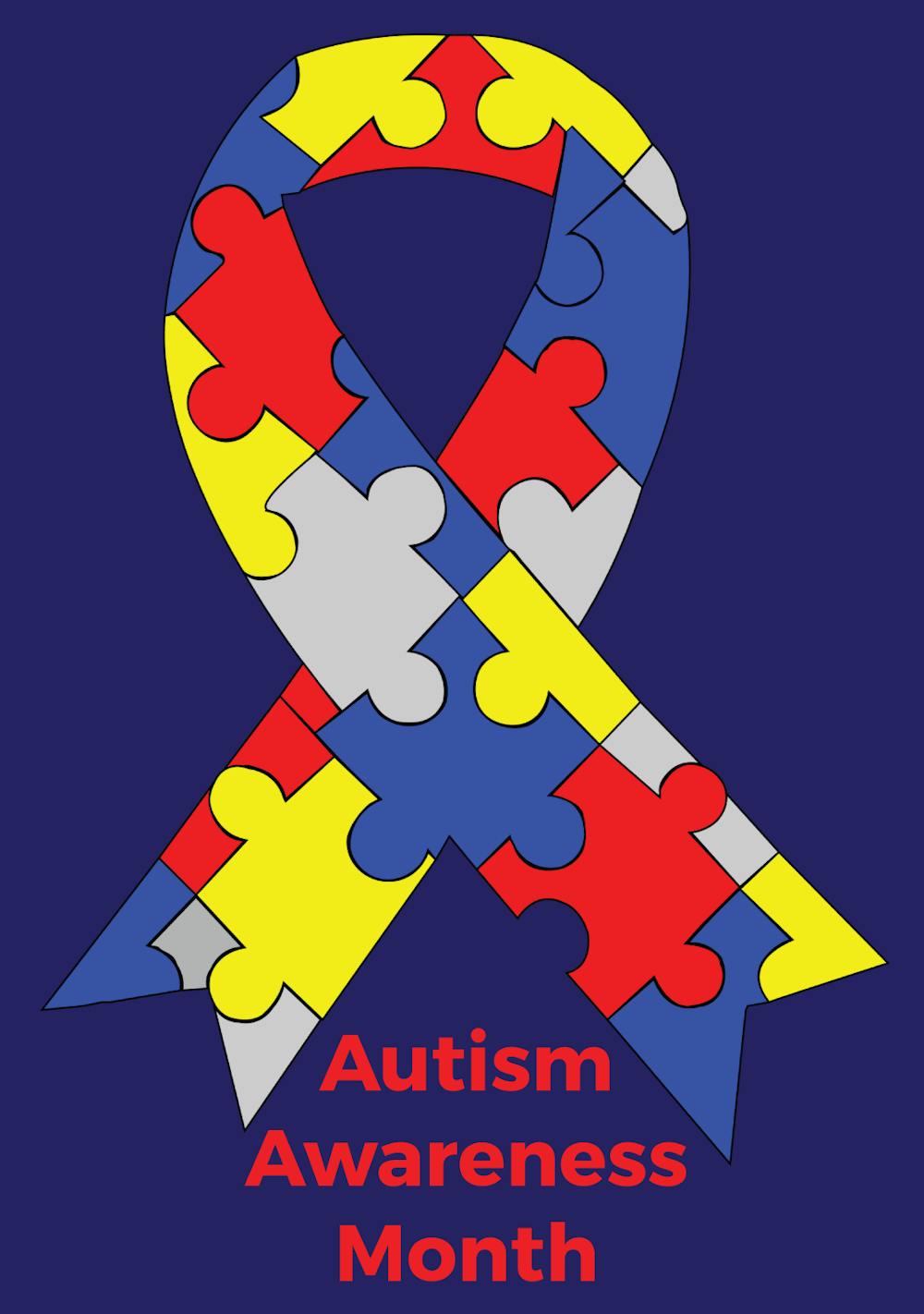Autism Awareness Month celebrates and recognizes individuals with autism throughout the month of April.
Autism is a developmental disorder characterized by difficulties with social interaction and communication, and by restricted and repetitive behavior. The annual celebration was started by the Autism Society in 1970. In 1984, Congress recognized the month of April as Autism Awareness month.
“We celebrate Autism Awareness all year round,” Patty Mitchell, director of Passion Works, said. “We understand that having a special month brings special attention, too. You know, we are here all the time, ready to talk about the beauty of individuality.”
Mitchell believes that information and awareness are powerful tools in bringing understanding of those with autism.
“The more we can take away the mystery of autism and fill it with understanding, it's better for everyone,” Mitchell said.
Like Mitchell and Passion Works, many other individuals live their lives hoping to bring education and acceptance of people who have autism.
“My brother is actually autistic,” Katie Brogan, a sophomore studying special education and the president of Ohio University’s chapter of Autism Speaks, said. “It's been in my life forever. I do Autism Awareness every single day of my life.”
Awareness is important to Brogan because it encourages people, especially children, to become educated and learn more about those with autism.
“It's OK for them to ask questions,” Brogan said. “They're not being rude. They just don't understand.”
Brogan also emphasized the importance of showing others autism isn’t a negative, bad thing, but simply a difference some people have.
“Autism is a positive thing,” Brogan said. “I think so many people ... associate autism as a bad diagnosis like, ‘Oh, you're different,’ but I have met so many kids … who have extraordinary gifts.”
Brogan said that many people with autism, like her brother, face a lot of confusion from others because they don’t realize that a disability can be hidden.
“It's just like on a social level as opposed to visual aids. It's kind of like, you don't appear to have autism, therefore, you shouldn't be having problems,” Brogan said.
Brogan describes autism as a spectrum, something she is often asked about when tabling at the top of Baker with Autism Speaks. She describes the spectrum as a different range of identities and needs someone has. Some people with autism are high functioning and may present as “normal,” Brogan said, with a few social differences. Others may need more academic assistance or help with day-to-day needs.
Although there has been more understanding in recent years, Nancy Epling, an artist-in-residence at Passion Works, said there is still a long way to go for a societal understanding of autism.
“I would say in the past, like 10 years, people have really started to understand it more,” Epling said. “I think back in the 80s there were a lot of people that were on the spectrum, but they didn't know how to diagnose them. So us learning more about the spectrum and learning more about people with autism is really important because they are people too. They may learn differently and respond differently to things but they really have a lot to offer, in my opinion. They just process things differently and understand things differently,” Epling said.
Mitchell believes through care and acceptance, as well as accommodating the different needs of each individual artist, they have seen many artists become more comfortable in the space and blossom when allowed to be themselves.
Mitchell specifically mentioned Troy Goins, an artist at Passion Works who has autism. He has given a TED Talk on his experiences.
“He's incredibly gifted as an artist and the studio responds to what makes him comfortable,” Mitchell said. “Sometimes he likes to be in the quiet … he walks around the block and comes back. It's up to him and it’s the individual’s process. … It's a way for people to self-navigate within the space, and everybody's different. So there's some people who need more support than others but we don't limit others because somebody else needs support.”






